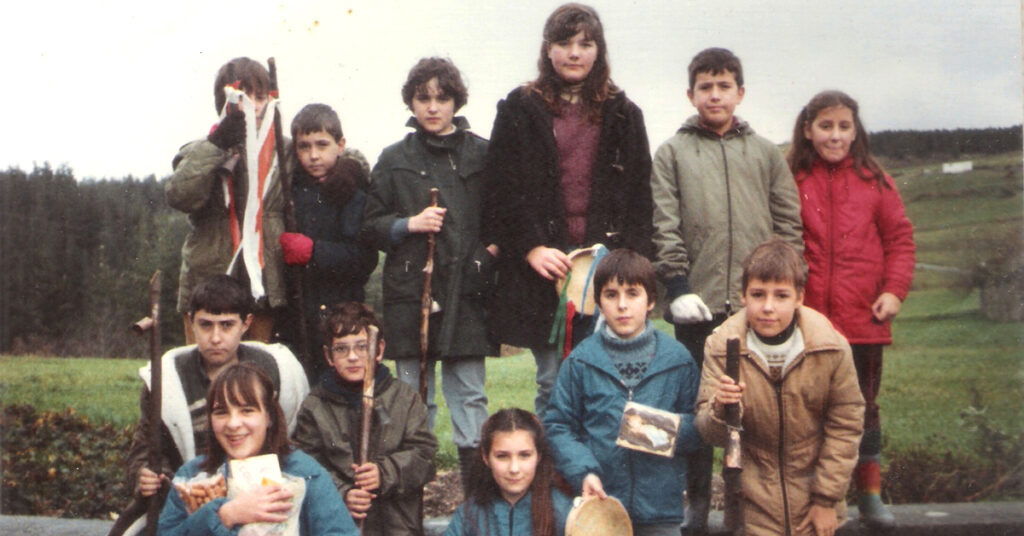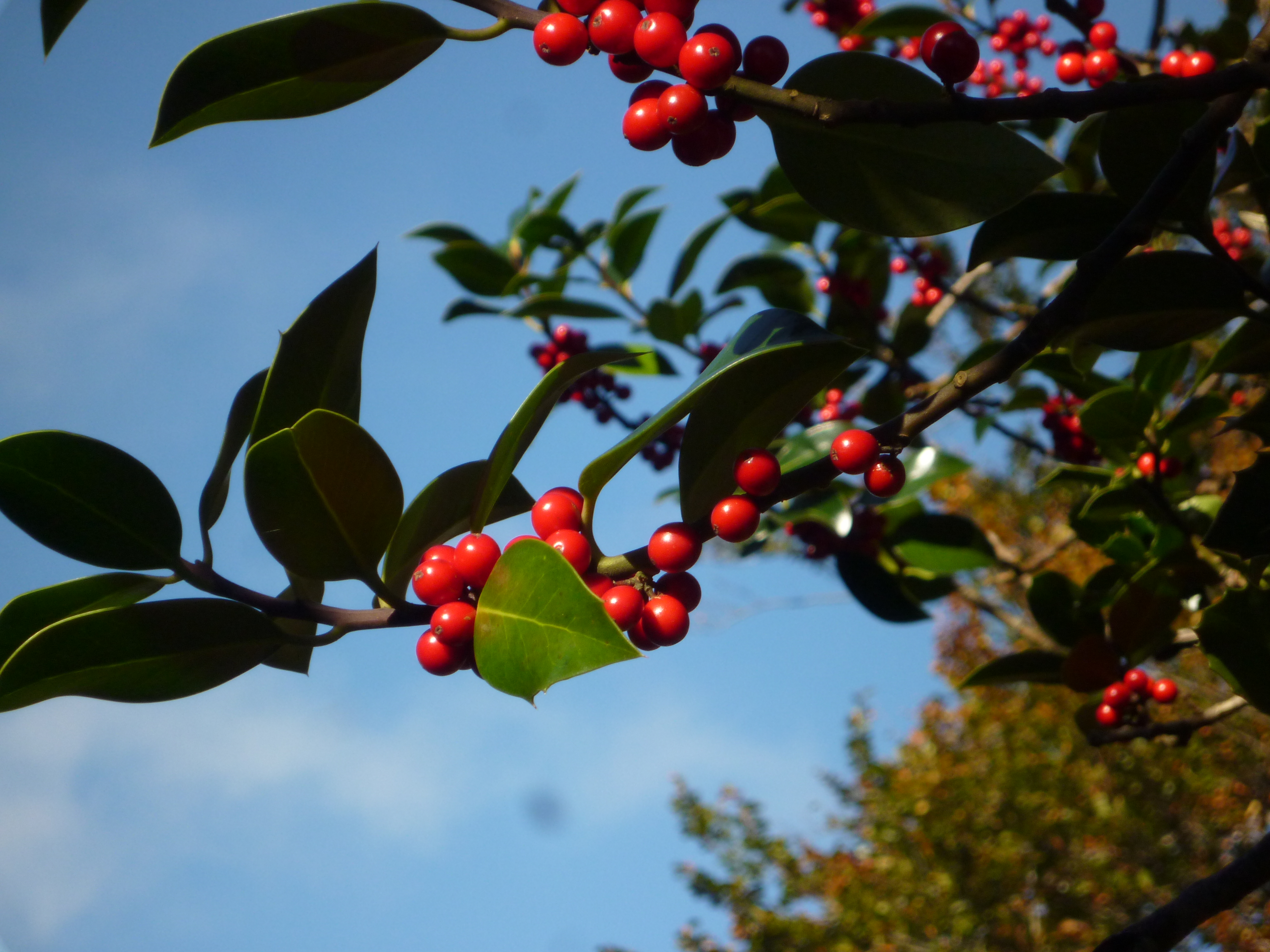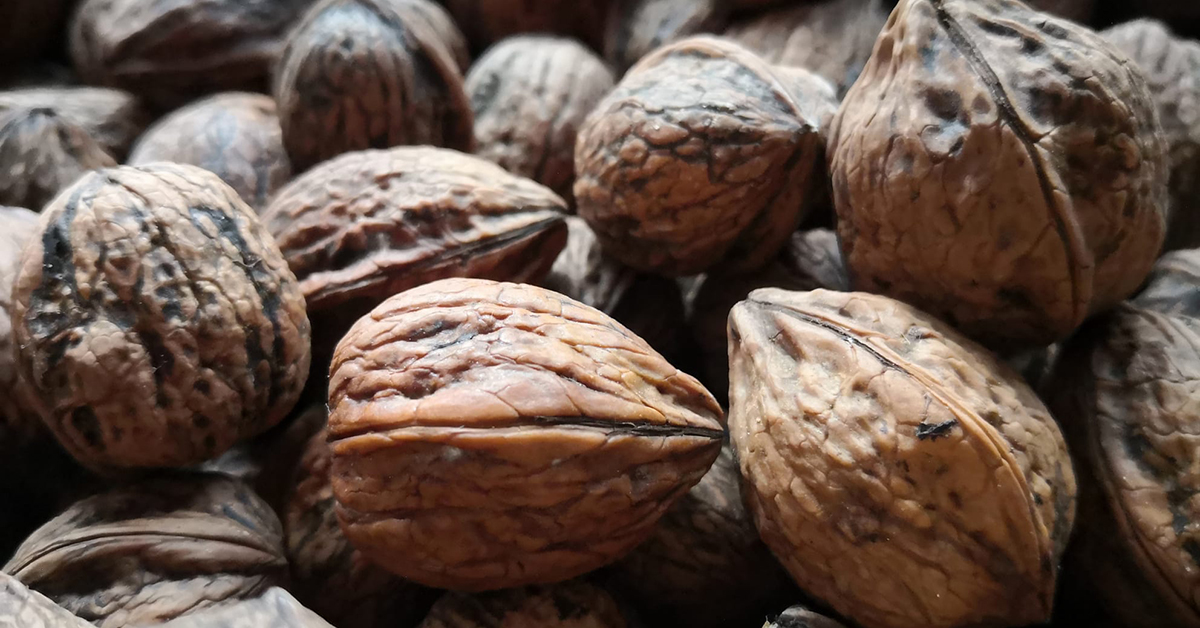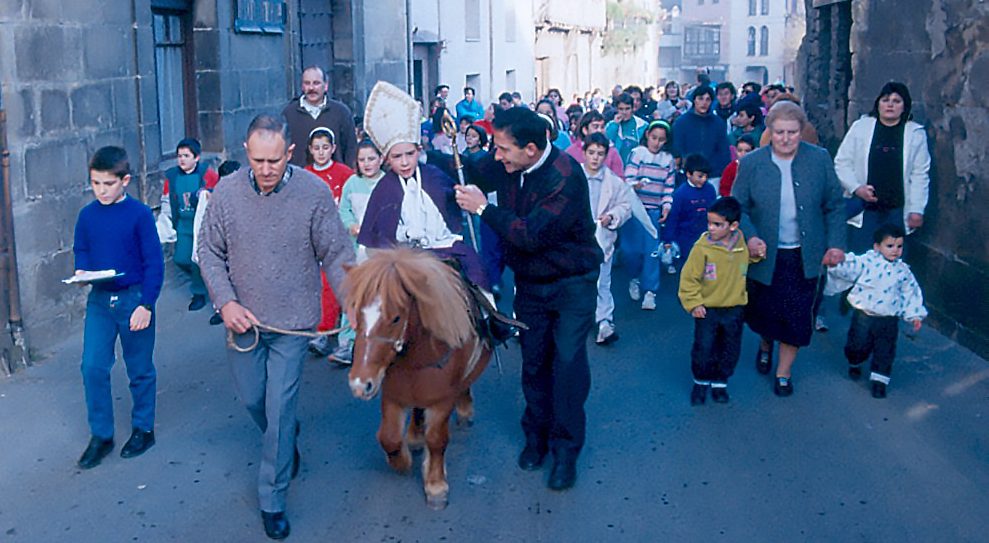Archives

Singing christmas carols in Akorda (Ibarrangelu, 1982). Source: Labayru Fundazioa Photographic Archive.
During the year and, particularly, in winter and its harsh climate, groups of the needy begged from house to house in the villages, asking the dwellers for alms or handouts in kind or food (eggs, chorizo sausage, bacon, black pudding, walnuts, hazelnuts, pears, apples, oranges, etc.). That intrinsic act of Christian charity or the traditional hospitality of the people of the rural world was usually met with the beggars politely and gratefully expressing wishes of health and prosperity in return.
(more…)
Christmas would not be Christmas without walnut sauce, intxaur-saltsea. My grandmother Juli from Larrabetzu (Bizkaia) used to make it year in year out. I vividly remember entering the farmhouse and finding her cracking walnuts open. Her memory shall always remain with me.
Walnut sauce was a popular staple for many households, especially in Bizkaia and Gipuzkoa, where walnut trees abounded in forests and woodlands. A hearty, warming seasonal dish, perfect for the cold winter and as satiating as it is invigorating. (more…)
Asking for alms is still a popular practice in the winter calendar across the length and breadth of the country, Christmas and Carnival being the main festive cycles celebrated during the season.
Groups of youth march the streets singing traditional songs and collecting alms at both annual festivals. Each occasion features its own repertoire, though themes might sometimes coincide, as verses are addressed to the landlord, the landlady, or other members of the household. (more…)

Holly branches with berries. José Ignacio García Muñoz.
Traditions observed during the Christmas period from St Thomas’ Day, on 21 December, to Three Kings’ Day, on 6 January, have undergone significant changes in recent years.
In the not too distant past Christmas celebrations were characterized by a warm family environment and a deep religious significance. This last connotation is fading away, as happens with Easter, now more of a spring break. (more…)






